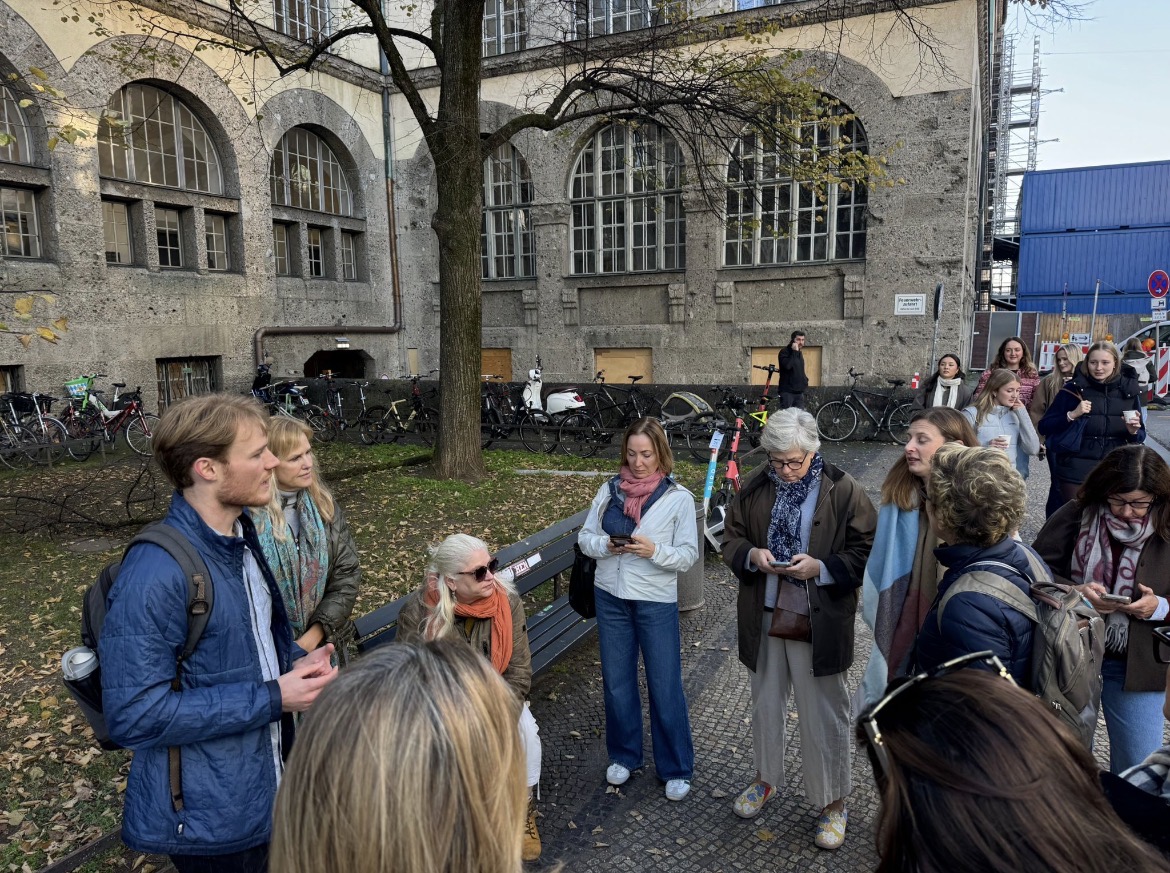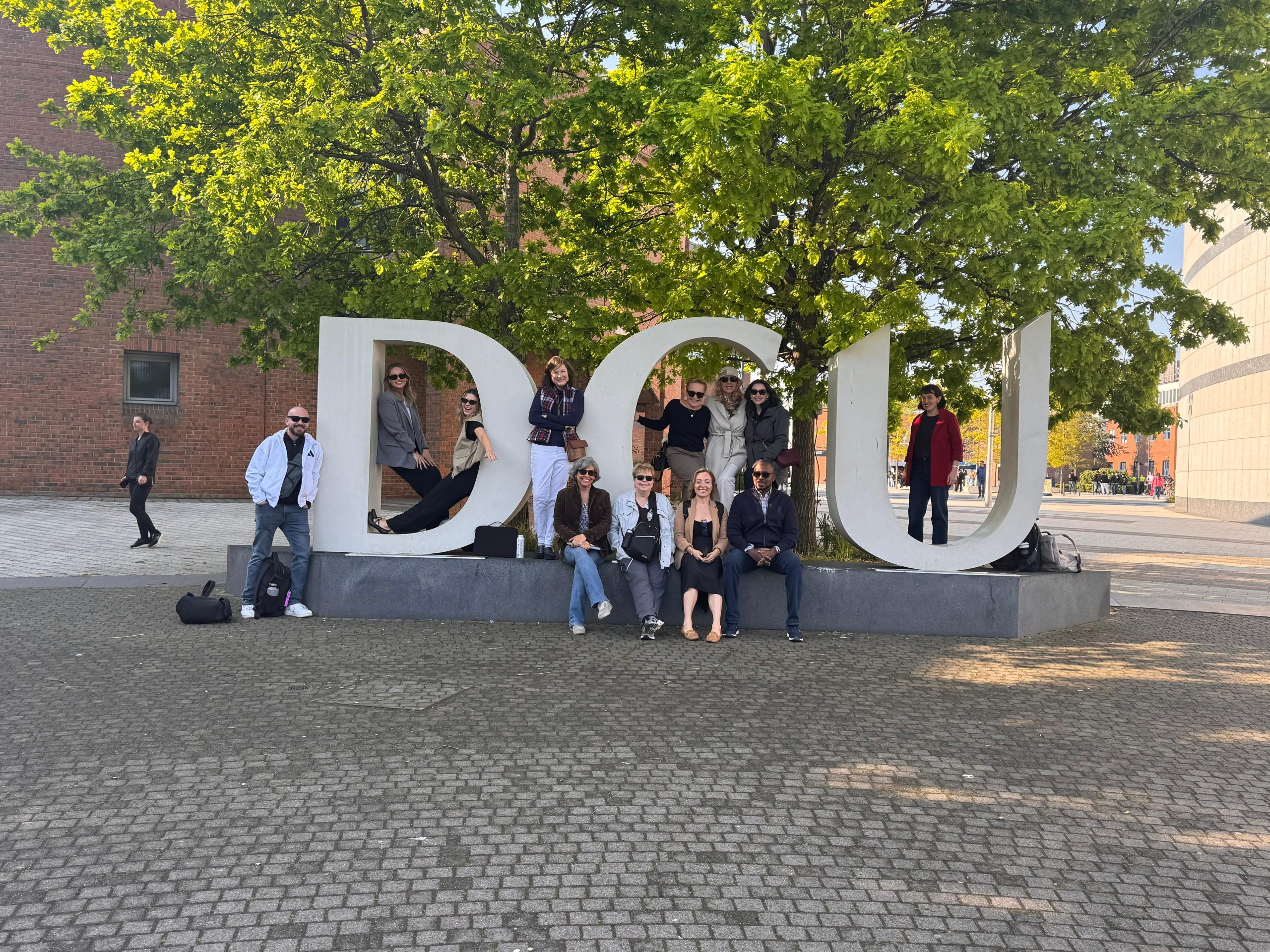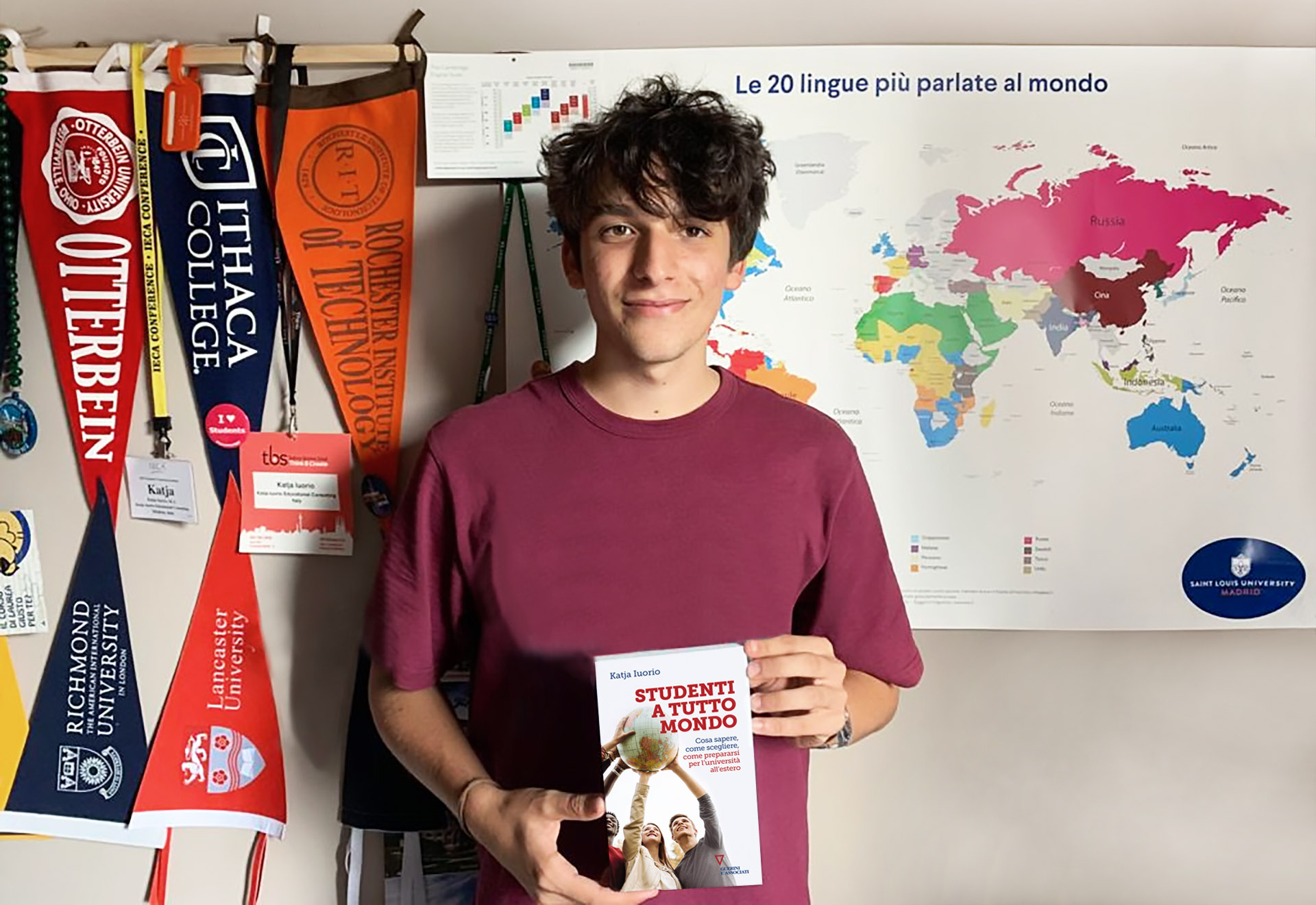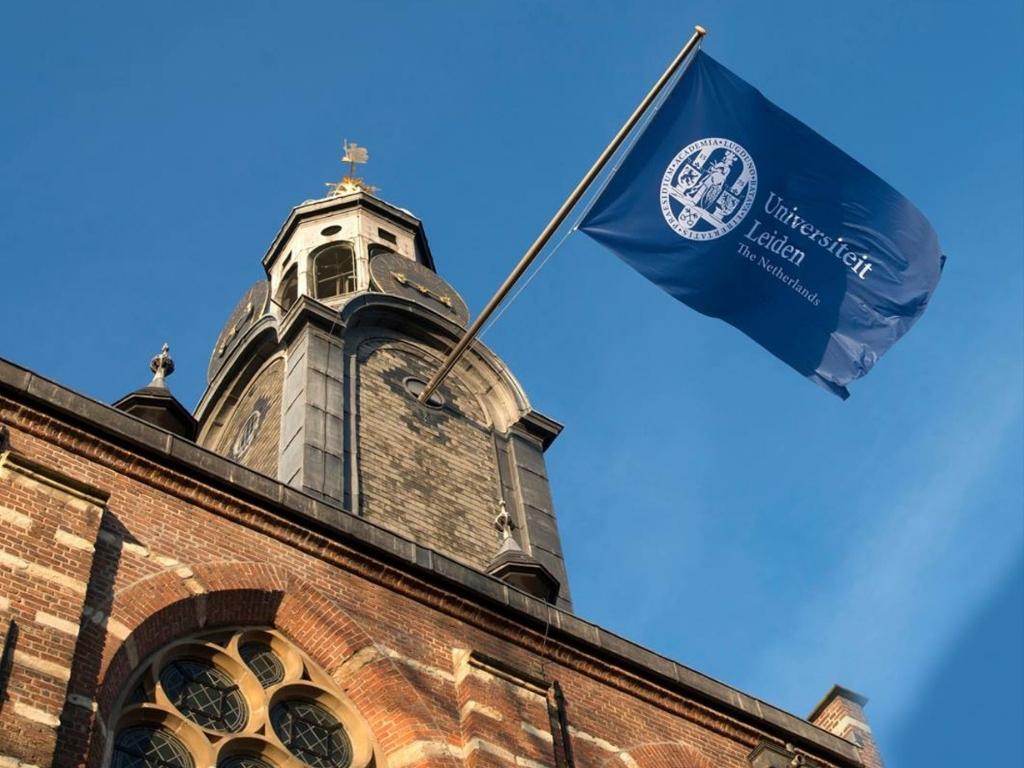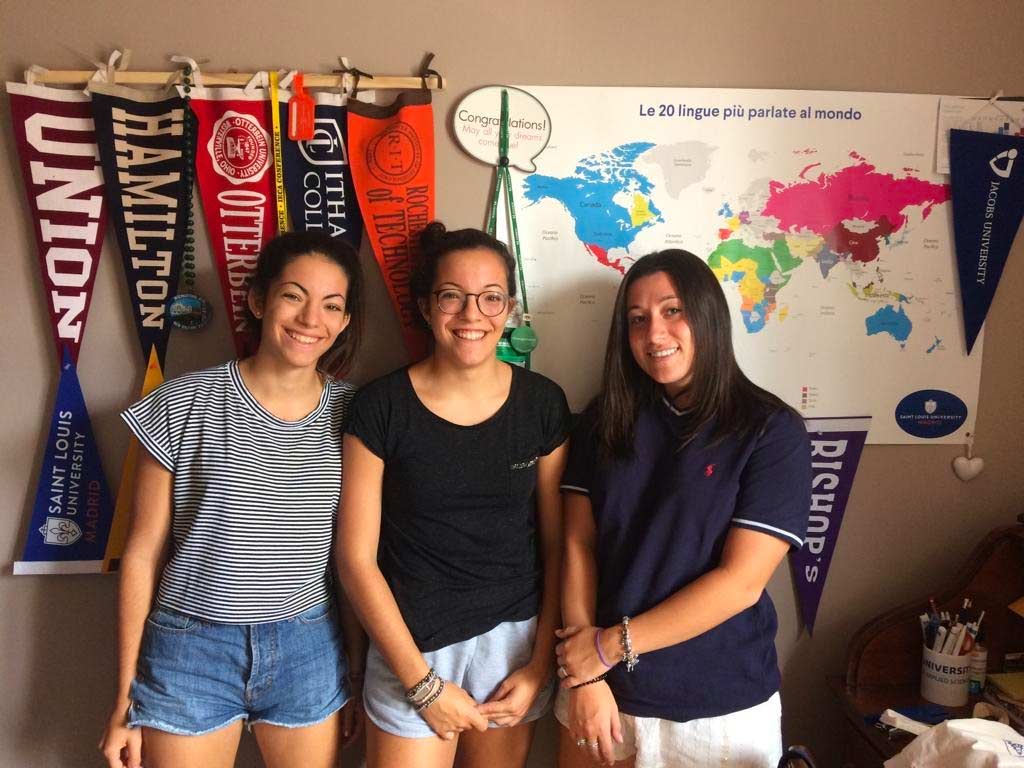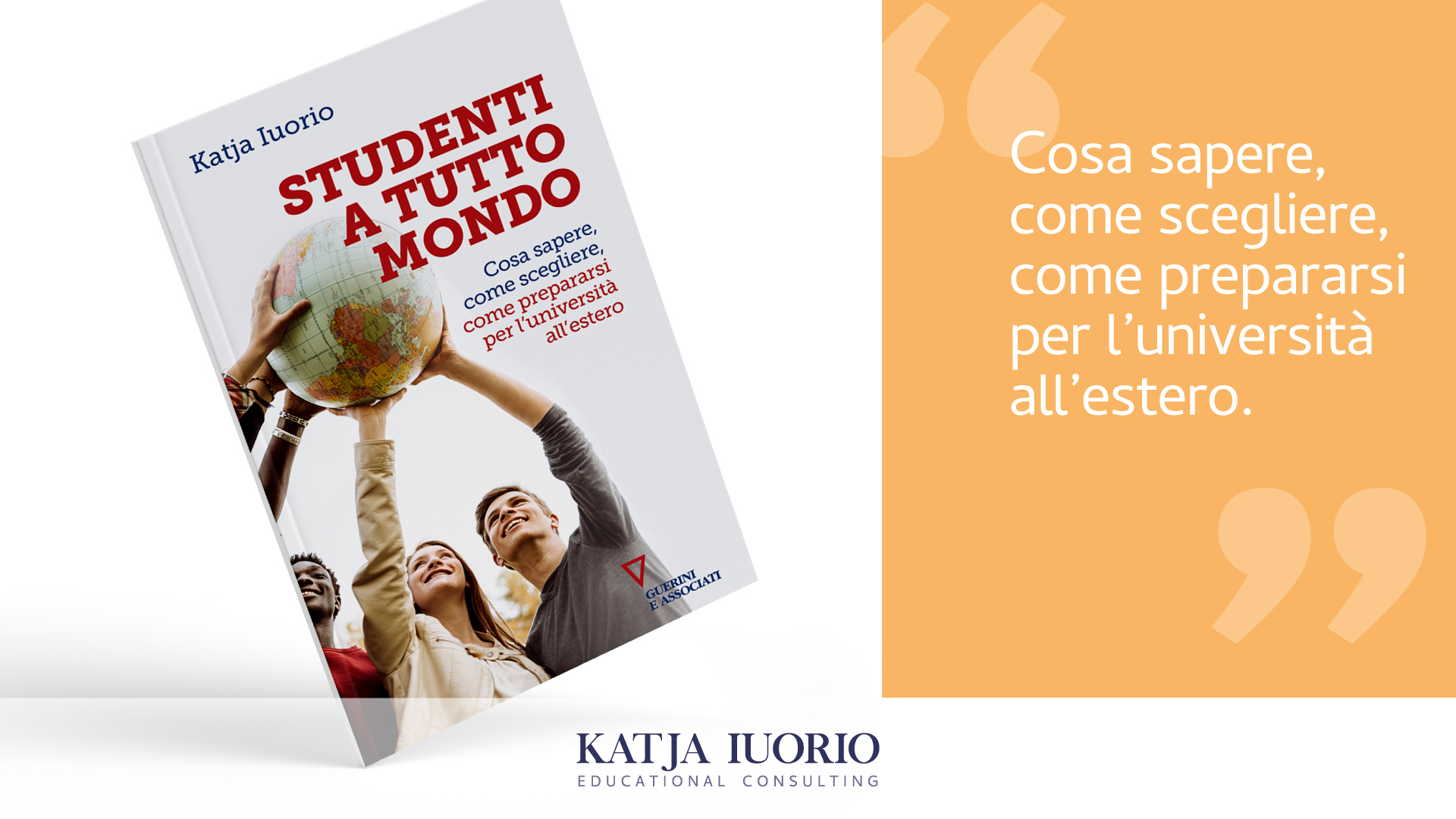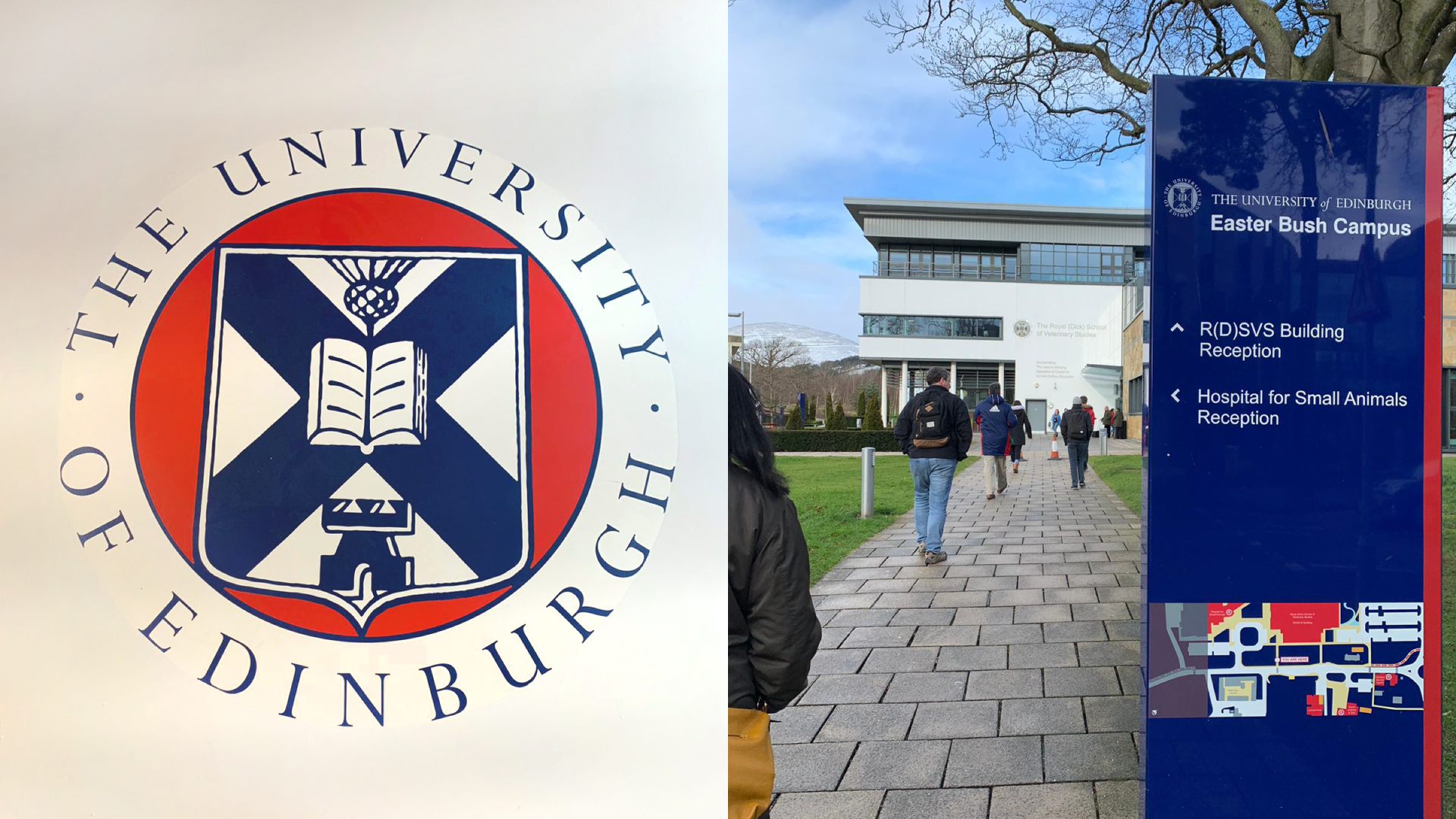How to study abroad?
Studying abroad is much more than attending a university in another country.
It is a transformative experience that can enrich your academic, personal and professional background.
As Educational Consultant, I have had the privilege of guiding many students through this extraordinary journey, and today I want to share with you a comprehensive guide to orient and inspire you. Whether you are considering a semester exchange, an entire degree program, or a short program, the information that follows will help you prepare in the best way possible.
Why choose to study abroad?
The idea of studying abroad often stems from a desire to explore the world, but the benefits go far beyond just traveling. Imagine waking up every day immersed in a different culture, tasting new foods, speaking a foreign language and learning in a stimulating environment.
Academically, studying abroad means having access to innovative teaching methods, internationally renowned professors e state-of-the-art infrastructure. Many countries offer unique academic approaches, for example, the practical, research-oriented Anglo-Saxon model or the more theoretical, interdisciplinary European model. In addition, living in a multicultural context allows you to develop a open-mindedness and to acquire soft skills that are in high demand in today's global job market.
The opportunities available: which one to choose?
Each study abroad pathway is unique and offers different possibilities, depending on your goals and interests. Here are some of the main options.
1. University exchange programs
Exchange programs, such as the famous Erasmus+, are among the most popular choices for undergraduate students. They offer the opportunity to spend one or two semesters at one of your institution's partner universities. This type of experience allows you to continue your academic journey without interrupting it, gaining recognition for course credits once you return to your home university.
2. Comprehensive bachelor's and master's degrees
If you want to fully immerse yourself in another academic culture, you can opt for an entire bachelor's or master's degree abroad. Not onlyUniversity of great prestige such as Oxford, Harvard or the Swiss Federal Institute of Technology in Zurich, But there are so many academic realities that every year. attract students from all over the world, offering degrees that are internationally recognized.
3. Short courses and specialized programs
If you don't have the option of long-term relocation, you can choose summer courses or intensive programs in language, business, arts or other disciplines. These short experiences, often organized during academic breaks, give you a concentrated international experience.
How to plan the experience: the basic steps
Preparation is the crucial element for a successful study abroad experience. Here's how to tackle the key steps.
Research and choice of destination
The first step is to figure out where you want to go and why. Your choice should reflect your academic interests, but also your lifestyle and personal aspirations. For example, if you are a lover of technology and startups, cities like San Francisco or Berlin might be ideal. On the other hand, if you are interested in art history, Florence or Paris offer unparalleled opportunities.
Documentation and academic requirements
Each program has its own specific requirements. Some universities require certificates and tests such as SAT or GMAT, while others assess most your academic record and motivation letters. As a counselor, I always recommend starting preparation at least a year before the planned departure date so that all bureaucratic steps are completed without stress.
Financial aspects
Studying abroad can be expensive, but there are many resources that can help you. In addition to scholarships offered by governments or universities, there are international funds and subsidized loans dedicated to students. Don't underestimate also the part-time job opportunities offered by many countries, which can supplement your budget. He also recalls that much of the educational offerings in Europe are public with very low tuition fees.
Coping with cultural adaptation
One of the most common challenges students face is culture shock. No matter how prepared you are, living in another country means adapting to a different pace of life, new eating habits, and social norms that may seem unusual to you.
How to overcome it? The key is to maintain a open mind. Participating in local activities, joining university clubs or socializing with other international students can help you feel more at home. Don't forget to spend time learning the local language: although it is not mandatory for your studies, it will be a valuable tool in integrating you into the community.
The long-term benefits of studying abroad
The impact of a study abroad experience is not limited to the few months or years you spend outside. This choice transforms you to personal and professional level. You will become more independent, learn to solve problems creatively, and develop deep cross-cultural awareness.
From an employment perspective, a study abroad period enriches your resume, making you more attractive to employers. The ability to collaborate in multicultural settings, combined with knowledge of foreign languages, is a great competitive advantage.
The Role of an Educational Consultant
As Educational Consultant, my goal is to make your path easier and more rewarding. I will help you to choose the program best suited to you, to prepare documentation necessary and to plan every detail, from scholarships to finding housing. I will accompany you in overcoming cultural and academic obstacles, making sure you get the most out of the experience.
Studying abroad is a challenge, but it is one of the most fulfilling choices you can make for your future. Don't be afraid of the difficulties: with the right guidance and a little determination, a life-changing adventure awaits you. If you are ready to begin this journey, remember: every great adventure begins with one small step. Let's do it together.
Recent Posts
Summary When a family decides to consider an international academic pathway, the question about financial investment and future return is inevitable and necessary. However, limiting the analysis to the first salary or the immediate prestige of the degree risks being a myopic view. In this in-depth analysis, we look at how the out-of-country study experience radically affects career prospects in the medium and long term. It is not just about enriching the resume, but about building a "future-proof" professionalism. We will see how change management, cultural adaptability and acquired method are the real keys to accessing the most ambitious professional opportunities in an ever-changing job market. The legitimate investment doubt: is it worth it? In my...
Summary A journey into the heart of German academic excellence, from Munich to Berlin via Karlsruhe. This is not just a diary of a college tour, but a real immersion into the future of higher education. In this article we take you with us to discover three cities and their universities, each with a unique soul: the pulsating innovation of Munich, the depth of research in Karlsruhe, and the creative energy of Berlin. A journey designed for those who have to choose a university in Germany and are looking for guidance beyond brochures, based on direct experience and a deep understanding of what each campus can offer. Our journey for you: a tour for choosing a university in Germany 1. Our mission: to be...
Summary This article offers a comprehensive guide for students beginning a study abroad journey, emphasizing how building connections is critical to a successful experience. The text takes students through the different stages of their journey, starting with the steps to take before departure, such as using university social media and actively participating in orientation for initial integration. Once at the destination, the article provides concrete tactics for creating a social network, suggesting keeping the dorm door open, forming study groups and joining student clubs. Academically, the guide explains how to navigate the new system, interacting with professors, taking advantage of campus resources, and adapting to a...
Summary As an educational counselor, I emphasize the importance of taking advantage of downtime to find one's college best fit through strategies of self-reflection, active research, and planning. The post explores practical methods for orientation: from creating a "passion journal" to campus visits, from building an academic profile to the supportive role of parents. The goal is to guide students toward an informed choice that goes beyond prestige, prioritizing alignment with their personal and professional aspirations. As an educational counselor who specializes in guiding students toward college pathways abroad, I observe each year the transformative potential of break times to identify one's academic best fit. Although August is drawing to a close, this period can still represent a valuable opportunity...
Every time I prepare a young person for his or her first departure, I find myself reliving the same question: what does it mean, today, to leave home to study across borders? In this post I gather some reflections born from the last chapter of my book and from my daily experience as an educational counselor: an integrated look at the emotions, practical challenges and potential of a path that, despite the uncertainties of the present, remains an extraordinary resource for young people and their families. Studying abroad in the age of global uncertainties Does studying abroad require courage? Certainly, it can be a challenge for kids and families, especially at a time in history fraught with questions for the younger generation. Yet it remains a unique opportunity. A choice of presence, not escape When I started...
In my work as an educational counselor, I dedicate myself with passion and deep responsibility to accompanying students on their college choice journey, visiting universities very often. It is not just a professional task, but a real mission: to help them navigate one of the most significant and transformative moments of their lives. This is an exciting journey, but a delicate one at the same time, as it involves guiding them not only to find their academic path, but to discover their most authentic passions, their hidden talents, and to envision how to turn this into a future full of possibilities, fulfillment and success. I firmly believe that the choice of college is a crucial moment in the life of a...
An international approach is critical to successfully meeting the challenges of the future. (altro…)
Studying abroad is much more than attending a university in another country. (altro…)
One of the first questions students and parents ask is just that: but how much does it cost to study abroad? (altro…)
What to know, how to choose, how to prepare for college abroad. All in a Book! A growing trend that has more than doubled in the last 10 years. A transformation that confirms the mental "quantum leap" that the very young Italians of Generation Z have matured in recent years, conceiving themselves more and more as "citizens of the world." Training abroad is a life-changing choice, an investment in one's future both personally and professionally, a path that opens up new perspectives in an ever-changing world. For these reasons it is a choice that ignites enthusiasm but nevertheless should be pondered with great realism and pragmatism:What is the right college for me? How much does it cost? How can I best prepare myself for admission? Is it from.
Katja Iuorio Educational Consulting's guide to grasping the best from the summer months is back! Summer 2021 promises to finally be more "normal" than last summer despite the fact that the environment is still eventful and in some respects uncertain. Amid all the unknowns, however, there is one idea that guides us: the summer period is the optimal opportunity to seize new opportunities and thus be able to think about future scenarios! Spending your summer learning a new skill or doing research is the best way to propel yourself forward without the stress of impending deadlines. We have selected a few courses for youCourses that, according to their subject areas, deepen skills and prepare you for a future study abroad trip Below is the...
Updates for those who are studying (or would like!) to study in the UK. Having averted the risk of a "No Deal," an agreement has been reached that will regulate relations with Europe in several areas, including study. Agreement that includes, among other things, rising fees and an exit from the Erasmus program. There are currently 14 thousand Italian students attending universities in the United Kingdom, corresponding to about one-tenth of European students.Europeans who will become international students on a par with any other nationality as of September 2021 and will therefore have to pay higher university fees-double and in some cases triple the current fees of £9,250 per year, which was guaranteed. Even the possibility of working in...
Summer is coming and with it many unmissable possibilities! Reasoning about one's future during a time of calm and relaxation like summer is the best thing to do to make well-thought-out and incisive choices. This will be a peculiar, anomalous summer to say the least: the vast majority of "pre-college" experiences, "summer schools" and "summer camps" will unfortunately be skipping.Nothing is lost though! I have carefully selected for you a number of courseswhich, depending on your major, can deepen your skills and can prepare you for a future study abroad trip.These are all experiences that I recommend because they are well structured and designed, use state-of-the-art techniques, and will also allow you to meet and interact with many foreign students. From Yale to Stanford, from Marketing...
In the true sense of the word. A fundamental experience that fully involves the whole family. A few days ago, reading an American article on this subject, I was reflecting on the importance of the counselor in guidance and decision-making at the college choice stage, and I thought that the reflections that came out of it might be interesting for you as well. It is indeed, for kids and parents, a choice that involves both emotionally and financially, and it is a fact that education represents the second largest item of expenditure in a family's life (after buying a house) and like the latter, lasts for many years. In addition to being a crucial choice for the future of children, precisely because it is long-term, it must be...
These are my key words these days. As this article from The Nation recounts (from the Student Nation column, written by students for students) due to the COVID-19 emergency many campuses closed overnight, without there being a coordinated plan among the different universities. This created a lot of chaos and many international students found themselves with nowhere to go and left to their own devices. My key words for this period are calm, clarity and communication. In the work of a Counselor, there are delicate situations to handle at this time such as students who are abroad, those who are applying for college in these weeks, and still others who had to leave for...
That is, four ways to learn about universities without visiting them. Were you planning to visit the university to which you were admitted to learn more about it? Are you a fourth grader and were planning to attend open days to discover new paths to guide your future choices? Accompanying you on your journey and letting you explore the possibilities that today's world offers is not just my job; it is my passion. Now, at this dramatic juncture, the health emergency that we are all facing has turned these plans upside down as well, it is a difficult time that we are facing, and in difficult times you have to react. So I said to myself : "What can I do for you?" The answer came quickly:" It takes ...
Did you know that the Scottish university system...is very flexible and free for European students? And that, like all European degrees, Scottish ones are comparable to Italian ones?I discovered these and many other things last week on a visit to the University of Edinburgh.I had had very good references and found confirmation of an excellent system. For one thing, extremely flexible, students can enrich and customize their course with multiple modules even belonging to different fields of study, thus creating a unique curriculum each time, which corresponds to their needs and interests, (even along the way!)I recognized in the Scots a much more familiar and European flavor than in the English one; despite the uncertainties related to Brexit. Perhaps because of these...
What are the right times to start planning a study abroad pathway. Abroad students have been preparing for their dream college since they were very young because they know that it is the crucial experience for their future. That is why it is important to start preparing at least 18-20 months in advance of departure. A good plan helps the student focus on the schools that really align with their expectations, prepare for entrance exams, and evaluate their education from a long-term perspective. Among the soft-skills to be learned, managing one's time is definitely among the first, reconciling what one loves to do with what one has to doAn optimal path starts toward the 2nd grade with a...




